Health experts have implored the government to allocate more people to assist the Health Ministry with contact tracing.
Unless this is expedited, they say the Covid-19 pandemic will only worsen.
Yesterday, Malaysiakini reported that the ministry misses out on more than 6,000 close contacts on average per day in Selangor alone due to a lack of resources.
Even for close contacts it manages to trace, it only tests a portion of them - those with symptoms. Regardless of whether they are tested, all close contacts must self-isolate at home for 10 days.
Speaking to Malaysiakini, Khazanah Research Institute (KRI) public health and inequality researcher Nazihah Noor (photo) expressed concern over insufficient and delayed contact tracing.
“Insufficient contact tracing creates a major bottleneck in the country’s overall response to Covid-19, slowing down the test and isolate process.
“If thousands of close contacts are being missed out, we’re potentially letting people who are infectious to further spread the infection to others unknowingly, especially if they are asymptomatic or pre-symptomatic...
“And speed is essential - we need to find the virus faster than they can infect others. Contact tracing is a vital step in this,” she said.
Nazihah pointed out that the World Health Organisation has repeatedly called for contact tracing to be the the "backbone" of a country’s Covid-19 response mechanism.
“We can’t eliminate the virus if we don’t know where they are hiding,” she stressed.
National Institute of Health Malaysia (NIH) clinical researcher Dr Arvinder Singh has similarly cautioned that unidentified close contacts risked worsening community transmission.
He is especially concerned about asymptomatic individuals spreading the virus to high-risk groups like older folk and those with comorbidities.
“The people who are going into ICU and dying are (mostly) elderly Category 3, 4 and 5 patients, but how did they get it? It is most probably from asymptomatic patients...
“I fear we will miss a lot of asymptomatic cases. And when we miss a lot of asymptomatic cases, unfortunately, we are not going to find the spreaders and there is going to be constant spread,” Arvinder said.
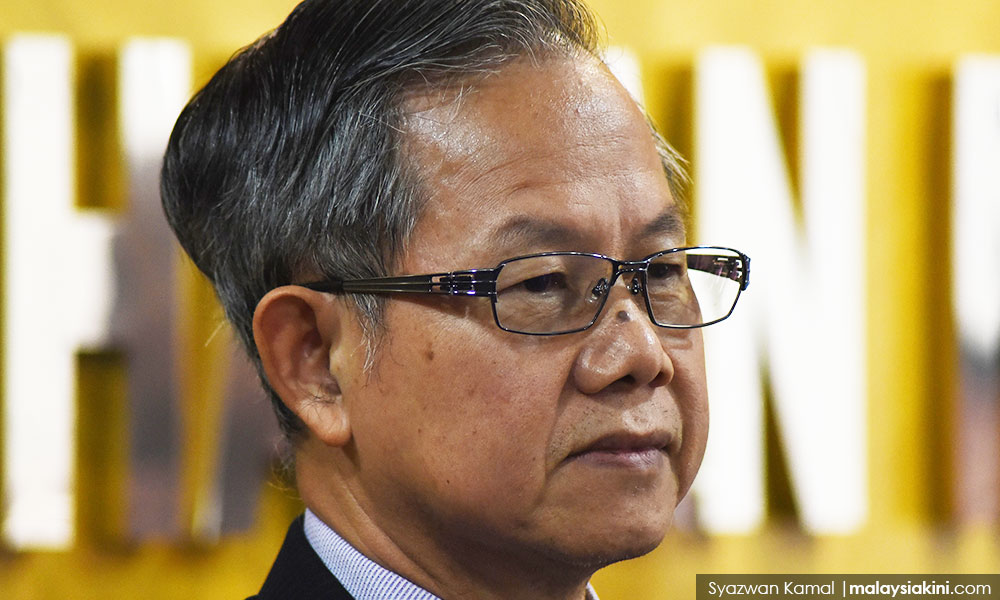
In order to stay on top of Covid-19 infections, former deputy health minister Dr Lee Boon Chye stressed that the government needed to be able to identify, test and isolate all close contacts within 48 hours.
To solve the ministry’s “broken” contact tracing system, Lee proposed that an additional 10,000 people - including youth, students and community leaders like village chiefs - be employed.
Monash University Malaysia public health and health systems researcher Mark Cheong echoed the Gopeng MP’s proposal, saying other ministries could also contribute human resources.
“The government may want to consider reassigning manpower and resources from other ministries and government agencies to perform contact tracing operations,” Cheong said.
To further target its response, health economist Lim Chee Han proposed that the ministry trains voluntary contact tracers to be placed in red zones.
“The ministry should try expanding the local contact tracing teams, especially in districts or areas with a greater disease burden.
“If necessary, they should source help from the community and train more volunteers,” said Lim, the Third World Network public health researcher.
According to the ministry, contact tracing involves four non-clinical steps:
1) Interviewing Covid-19 patients to identify their movements over the past 14 days;
2) Investigating who they came into contact with;
3) Identifying who is a close contact with a risk of getting infected; and,
4) Refering a close contact to get tested and undergo home quarantine or be treated at a hospital.
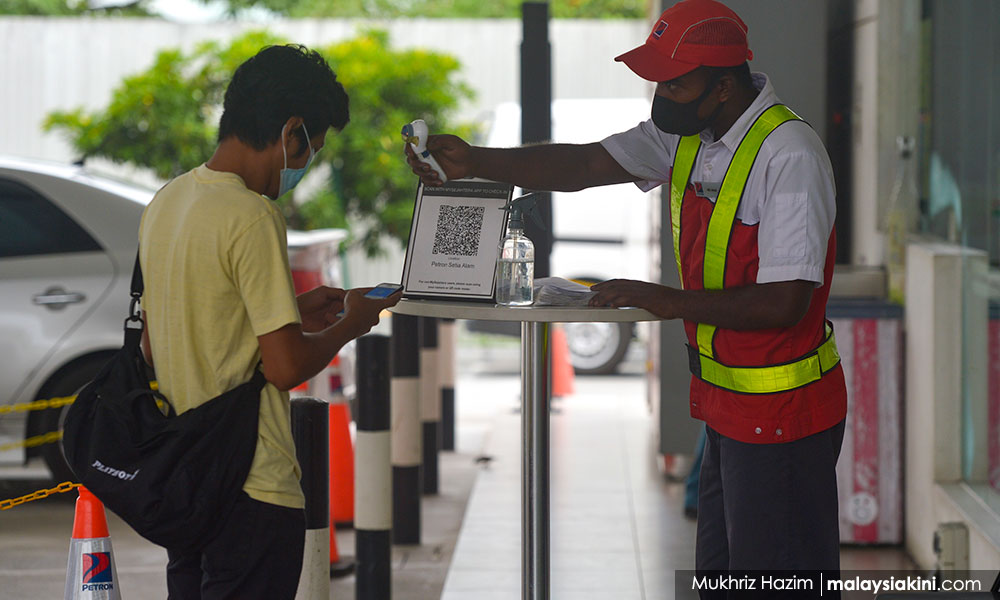
Another suggestion was for the government to automate contact tracing using smartphone applications like MySejahtera and SELangkah where possible.
Nazihah cited South Korea, which was using technology to identify close contacts.
Rapid test on all close contacts
“Countries like South Korea have relied heavily on digital contact tracing to curb the spread of Covid-19. It has gone even as far as using credit and debit card transactions and CCTV footage for contact tracing purposes.
“Admittedly, this brings up a lot of questions regarding personal privacy and civil liberties, but perhaps it is necessary given the pandemic,” she said.
While the movement control order (MCO) has helped to minimise movement and hopefully curb community transmission, the experts believed that the ministry still needed to test all close contacts.
This is regardless of whether they exhibited symptoms or otherwise.
Arvinder proposed that the government employs widespread use of antigen-based rapid test kits (RTK) to speed up the process.
Such test kits take under two hours to produce results but are slightly less accurate than RT-PCR tests, which take up to two days.
“This (MCO) is actually an opportunity to ramp up testing.
“RT-PCR tests should not be the main method of diagnosis at the moment as we have reached the height of pandemic...
“RTK tests immediately tell people if they are positive or negative, and this stops them from moving around while waiting for results,” he said. - Mkini




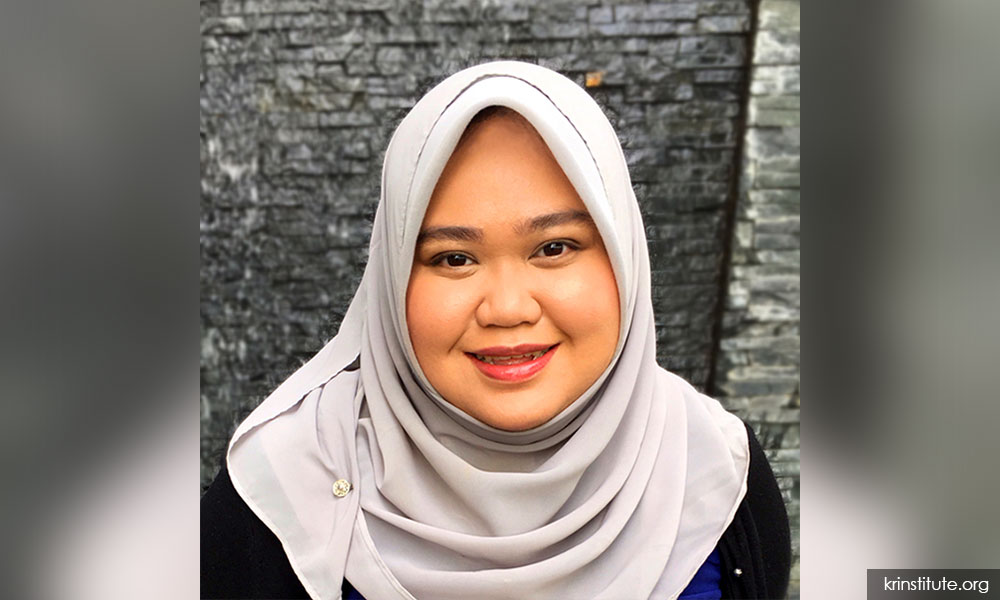
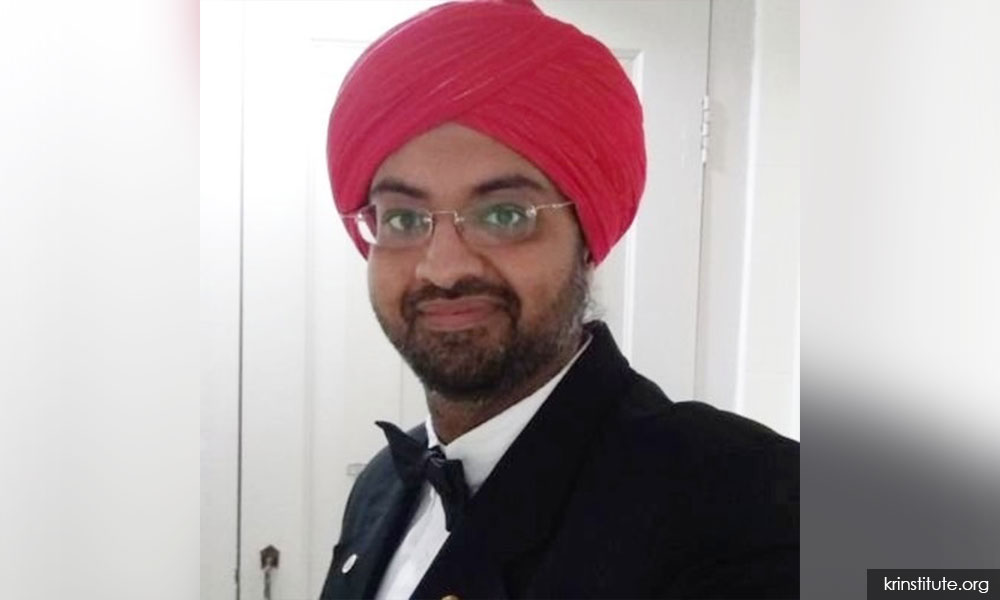
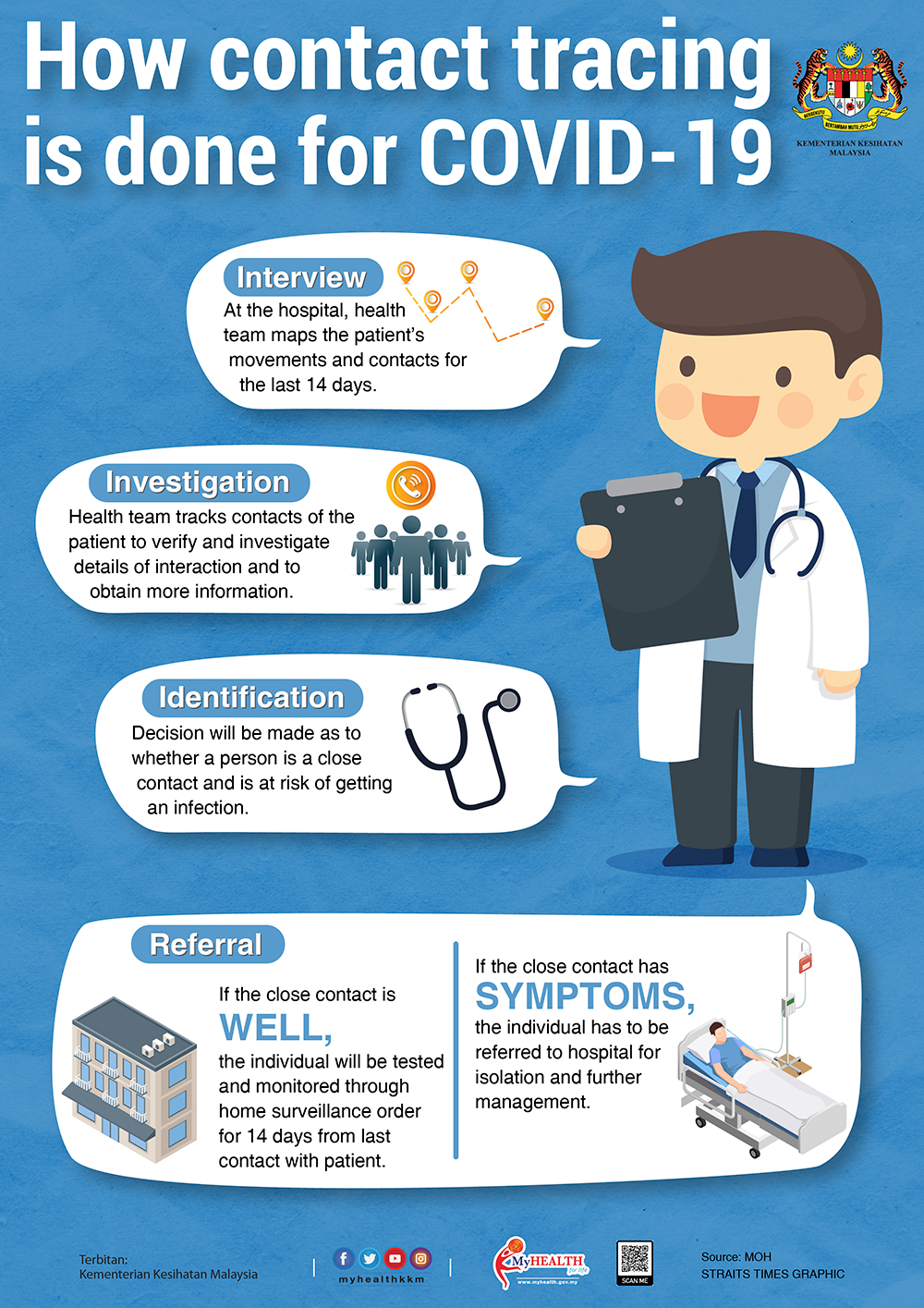
No comments:
Post a Comment
Note: Only a member of this blog may post a comment.